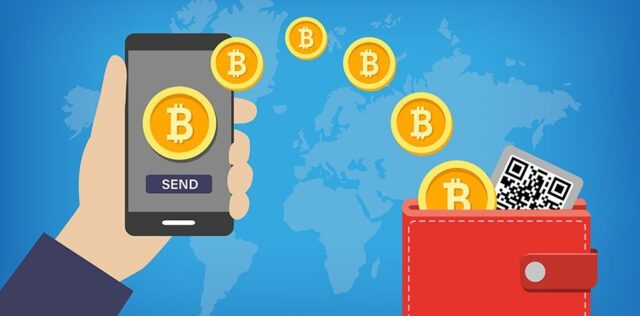
The cryptocurrency industry is hardly a new addition to the world as it has been around for almost one and a half decades. Since its earliest days in 2009 with the appearance of bitcoin (BTC), a lot has changed on the market and both the technology and economy sectors have never been the same. Fast forward to 2023 and there are around 2,000 different cryptocurrencies in circulation. Bitcoin is still the leader but many other altcoins and tokens based on different systems are very prominent, both as investments and as valuable additions to the blockchain networks.
In our world, it is natural for the common folk to be fascinated by the latest trends. Everyone wants in on the action and it goes without saying that the more valuable and promising something is the more people want to be a part of it. However, as mentioned, virtual currencies are not really new. And yet despite this, there are many who still do not know a lot about the basics. The number of experts, investors, and enthusiasts is going up every year and more and more people are actively involved in trading crypto, but there is still a large part of the population who have for various reasons failed to learn enough to become involved.
One such issue is the question of anonymity and tracking the usage of cryptocurrencies. A lot of potential crypto owners are still on the fence because of security reasons, one of which has to deal with whether or not someone can track their payments. In this article we aim to debunk any myths and theories about this by brining you the truth. Read on if you wish to know if someone can actually track your crypto payments. To learn even more about the crypto industry, things connected to it, and how best to make use of bitcoin ATMs, make sure to check out davidicke.com.
The Anonymity of It All

One of the biggest selling points of cryptocurrencies has always been the anonymity factor it brings to the table. Contrary to traditional (fiat) currencies that we use like dollars, euros, pounds, and others, there is nobody really in charge of any given crypto. Money that we know and use every single day is controlled by governments and central banks and there is a lot of information being shared whenever you want to withdraw it, invest it, or even use it. Just think about how much info a bank needs before you open your account. From your full and address to your telephone number(s) and email addresses, there is barely anything they do not ask for. And when the time comes to use the credit card to buy something online, you again have to put in your personal info and card number. The same goes for any service that involves money. Systems in place make sure that it is kept under close surveillance and that it all ultimately remains under the control of one single entity.
Decentralization Equals No Supervision
With cryptocurrency there is no such central authority to impose laws and regulations, nor track who buys what and how much they spend. This is why it was promised to change the economy of the world and the way we perceive finances. When one makes a crypto transaction, there is barely anyone who knows who it really is. This is because nothing is exchanged between two sides except the addresses of their electronic wallets. You do not have to know the other person’s name, geographical location, or anything else. This amount of privacy relates directly to the tracking of payments. There is no tracking in the form of the classic case of certain entities always knowing what you are spending your money on and where. Are you sick of monthly reports of your card and what you spent your money on, or the fact that the bank knows it in so much detail? Well that does not exist with cryptocurrencies, and it never will. The blockchain network and the currencies themselves were made to be decentralized and not controlled by anyone other than the users themselves.
Other Types of Tracking
So if there is no tracking of the typical sort by the governments and central banks, what kind of tracking is there? Well, to say that transactions are completely anonymous is an overstatement because nothing is really 100% untraceable and untraceable. If there is serious illegal activity involved like a terrorist attack involving ransom, or a very costly hacking attack going on, bitcoin transactions can be traced. Something like this did happen in Manhattan, as well as with the Colonial Pipeline hack. In these cases, it was a federal-level effort that was specifically made to cover the crypto-related crime. But for the average folk this should not be a concern.
Every crypto transaction is recorded in a ledger that is stored publically on the blockchain. It is available for review where it is stated how much it was transferred and between which two addresses. However, they are never linked to identities which gives the users the aforementioned anonymity. If a paper trail is to be made so that a transaction involving crypto can be traced, it would have to involve converting bitcoin or other crypto into a fiat currency like the always heavily regulated US dollar.

Through a deep forensics analysis, any transaction could be explored in detail. Eventually, government bodies are able to get to the bottom of things meaning no cryptocurrency can be 100% anonymous. But again, for the regular folk who want to have more of their life private when it comes to spending finances, tracking is much less of an issue. As long as you are not breaking any laws and drawing attention to yourself with suspicious activity, nobody will ever know who is the name and the face behind the random string of digits and letters that is your electronic wallet address. So to answer the titular question, yes, crypto payments can be tracked but they are actually tracked in very specific situations when the threat level calls for it.